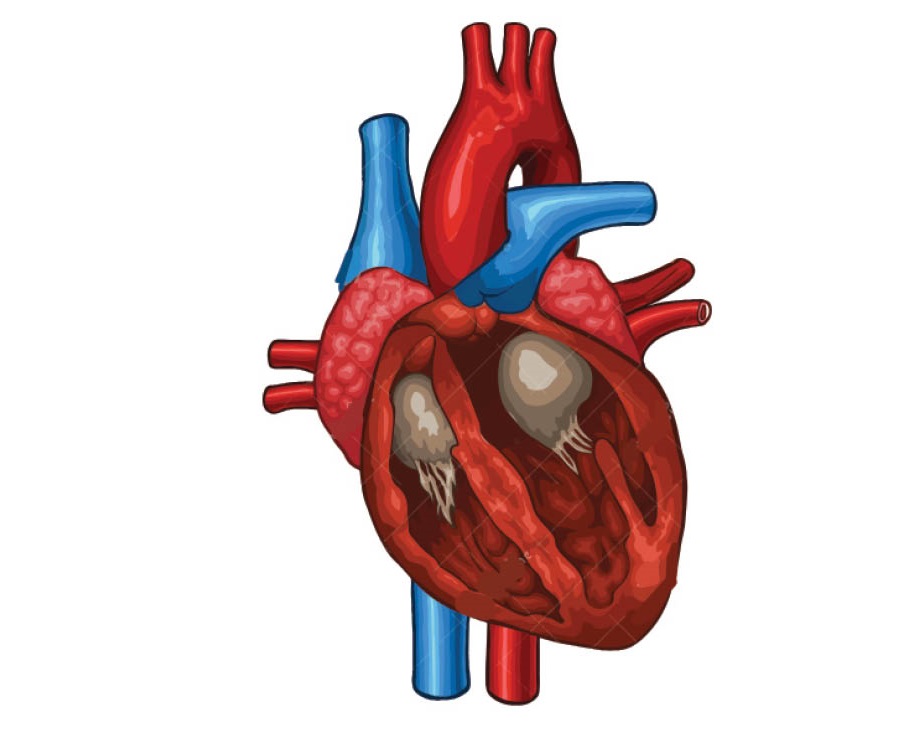Cardiovascular disease: How failure to take statins increases death rate
A new study has revealed that patients who took statins less than 70 percent of the time had a 20 percent increase in mortality rate compared with those taking them at least 90 percent of the time. Statins medications are a class of drugs that lower cholesterol level. It can reduce the risk of cardiovascular […]

A new study has revealed that patients who took statins less than 70 percent of the time had a 20 percent increase in mortality rate compared with those taking them at least 90 percent of the time.
Statins medications are a class of drugs that lower cholesterol level. It can reduce the risk of cardiovascular diseases and prevent heart attack.
The researchers who carried out the study at Staffort University, School of Medicine, United States of America revealed that a lot of patients with arteries clogged by cholesterol are not taking their statins, thereby increasing their risk of death.
According to a review of Veterans Affairs Medical Records, more than a third of patients with cardiovascular disease who have been prescribed statins to reduce cholesterol failed to take them daily. Women and non-whites were least likely to take their prescriptions, as were the oldest and youngest patients, according to the review.
The lead author and an assistant professor of medicine, Fatima Rodriguez, said the takeaway for clinicians is not to become complacent about stable patients with cardiovascular disease but they need to keep asking their patients, “are you taking your medications every day?”
They examined the health records of 347,104 patients with atherosclerotic cardiovascular disease caused by fatty deposits in their arteries who had been prescribed statins.
From the records, the researchers were able to ascertain how often the patients picked up their prescriptions over a span of nearly three years.
“Almost a quarter of the patients died during that time, so the researchers were able to calculate patients’ risk of dying based on how frequently they took their statins. It was found that those who were taking them less than 70 percent of the time had a 20 percent increase in mortality compared with those taking them at least 90 percent of the time.”
Rodriguez said even those who were pretty good but not perfect at picking up their prescriptions showed some increased mortality, adding that here is definitely a benefit to pushing adherence to 100 percent.
The senior author of the research and MD, professor of medicine, Paul Heidenreich, said physicians can often do more to encourage their patients to take their medications daily.
“It’s difficult to change behavior, but there are small interventions people can do. Just bringing it up and showing the patient that it matters to you as a provider probably has some effect. In some cases, you will be able to find a reason they are not taking it. There may be a misconception or perhaps there is a cost issue.”
He noted that most statins are available in generic form, however, so they are fairly inexpensive.
As to why patients fail to take the medication daily, Rodriguez said there appears to be a resistance to lifelong medications, “patients are hesitant to take medications forever. They want to take it for a short amount of time.”
She added that patients may also be reluctant because statins have gotten a lot of bad press, possibly because of controversy over whether patients with a lower risk of heart disease should take them.
“Older patients may lose track of their statins among all the other medications they are taking, and younger patients may not believe they are at risk of dying. It is unclear why non-whites are less adherent,” she said.
While some patients suffer side effects from statins, the researchers said they are few and don’t explain the high numbers of patients who fail to take statins regularly.
